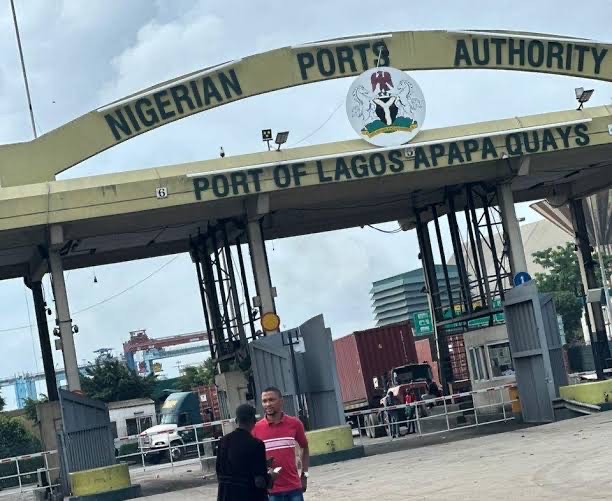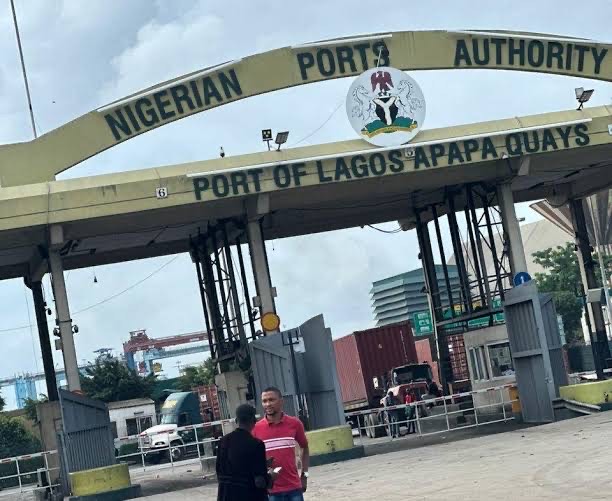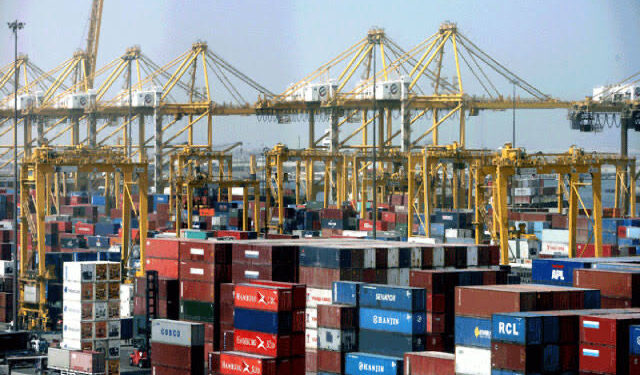The Nigerian Ports Authority (NPA) has implemented a variety of transportation methods such as Rail, Road, and Inland Water to facilitate the movement of export goods to the Apapa terminal due to increased demand.
There has been consistent growth in the export of agricultural and solid minerals, with a 33 percent rise in 2023 compared to 2022.
Contrary to reports in some newspapers, there are no trapped export containers at the Lagos Port Complex. Instead, there has been a significant increase in exports through the seaport over the past two years.
NPA had previously set up designated Export Processing Terminals (EPT) to streamline export procedures. These terminals serve as a one-stop shop for export cargo, ensuring compliance with export and import regulations.

The Managing Director of NPA, Mohammed Bello-Koko, refuted claims of trapped export containers at the Lagos Port Complex. He emphasized that there has been a surge in export volume in the past two years.
To handle the increasing number of exports, NPA has intensified the use of multimodal transportation, including Rail, Road, and Inland Water for export cargo movement at the Apapa terminal.

Export containers are now processed efficiently at export terminals near the port to ensure timely shipment. The Port’s electronic call-up system prioritizes export shipments, allowing more export trucks access to the port 24/7.
Efforts to address abandoned containers have been made, with relevant authorities contacted to retrieve them. Shipping lines are urged to increase their calls to accommodate the rising export cargo influx.
Data shows a significant number of export containers being shipped out and fresh containers coming in within a specific period.
The NPA Managing Director has called for the streamlining of export processes by abolishing export desks at various Customs commands to enhance operational efficiency at the ports. Meetings between NPA and Customs aim to eliminate duplication and ensure seamless operations.


































